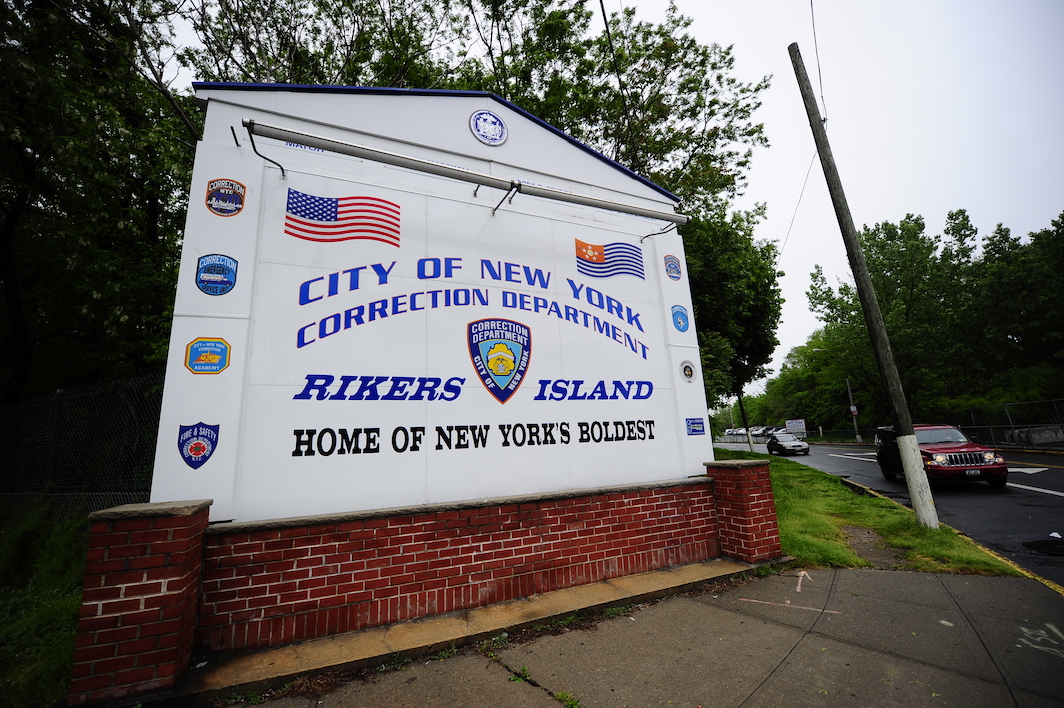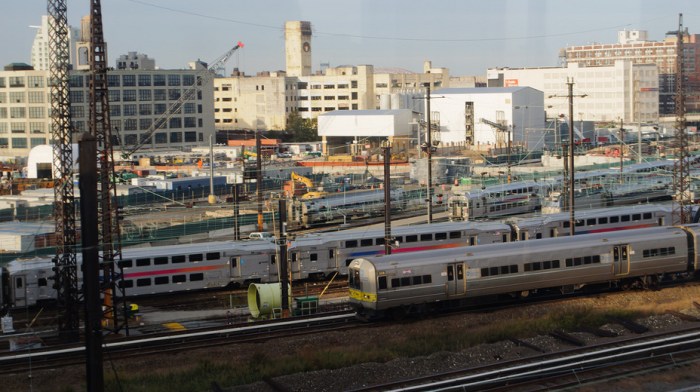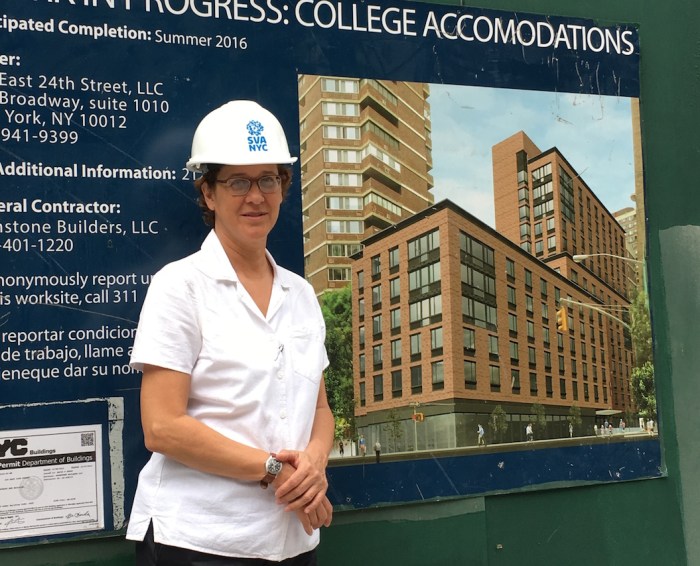A dream that seemed unfeasible a few months ago — to close the troublesome Rikers Island jail — apparently will be realized because of the unrelenting advocates who turned a remote possibility into a priority in the space of a year. A new report about the jail’s ills released Sunday coincides with Mayor Bill de Blasio’s commitment on Friday to initiate a 10-year plan to shut the place down, reduce the jail population by half, and house inmates at jails in each borough. The mayor’s support was hard won.
In January,the CLOSErikers campaign dogged de Blasio, sometimes gathering outside his private fundraising events in the bitter cold — and even followed him to Fort Lauderdale, Florida, at another event — to stress that any effort to fix the city’s criminal justice system would be in vain if Rikers continues to exist. Glenn E. Martin, founder of JustLeadershipUSA that runs CLOSErikers, told Metro that even his friends thought he was crazy for pursuing the shutdown.
“A year ago, people were laughing at me,” he said. “My own colleagues, my own allies, literally people who worked their whole lives for criminal justice reform, told me to stop saying it out loud because it just isn’t going to happen.” In February, de Blasio called closing Rikers a “noble concept,” but said it was unrealistic. “The problem is, it would cost many billions of dollars, and I have to look out for what’s feasible,” he said. “This is a very serious, sober, forever decision,” de Blasio said on Friday.
City officials, including City Council Speaker Melissa Mark-Viverito and the Commission on Criminal Justice and Incarceration Reform, met at John Jay College on Sunday to herald the release of the 146-page report“Towards a More Just NYC” that details a plan for the overhaul. The report confirmed salient issues at Rikers Island that a 2014 report from the Justice Department signaled, particularly the number of people there, 80 percent, who could be free if they had the resources to pay even low bail amounts. It also highlighted inhumane conditions and the dysfunction it creates in families and communities. Another problem is the difficulty families have in getting to Rikers for visits, which further alienates inmates from the outside world.
Judge Jonathan Lippman, chairman of the commission, said that in studying how to fixNew York’s justice system, members of the panel realized it cannot be done without closing Rikers.
“When we started out over a year ago, the mandate was to develop a blueprint for incarcerations. We did not go in with the mindset that it must be closed,” Lippman said. “Very early it was clear the only answer would be to take it down. “It’s a stain on New York.”
In place of the nine facilities on Rikers Island that hold approximately 7,500 inmates, the proposal calls for establishing or reopening a jail in each borough. The overall population in the jail system would be reduced from 9,700 to 5,000, as the mentally ill and drug-addicted are to be diverted to other programs. The transition is to take place over the next 10 years, leading to Rikers’ closure. The cost is estimated to be around $10.6 billion, but Public Advocate Letitia James told Metro that the new system will reduce cost to taxpayers by up to $1.4 billion by the end of the 10 years. “This is a top to bottom reform that will prove New York City to be the progressive city it claims to be,” she said.
Martin said that while the mayor’s support was a big hurdle, there is much more to be done to make the mission to close Rikers real.
“Many elected officials need convincing. Especially on Staten Island where they benefit from many jobs in the criminal justice field but won’t accept their fair share of inmates,” he said. “We’re not taking our foot off the gas.”
Hard work ahead for advocates who convinced de Blasio to close Rikers Island

Getty
























